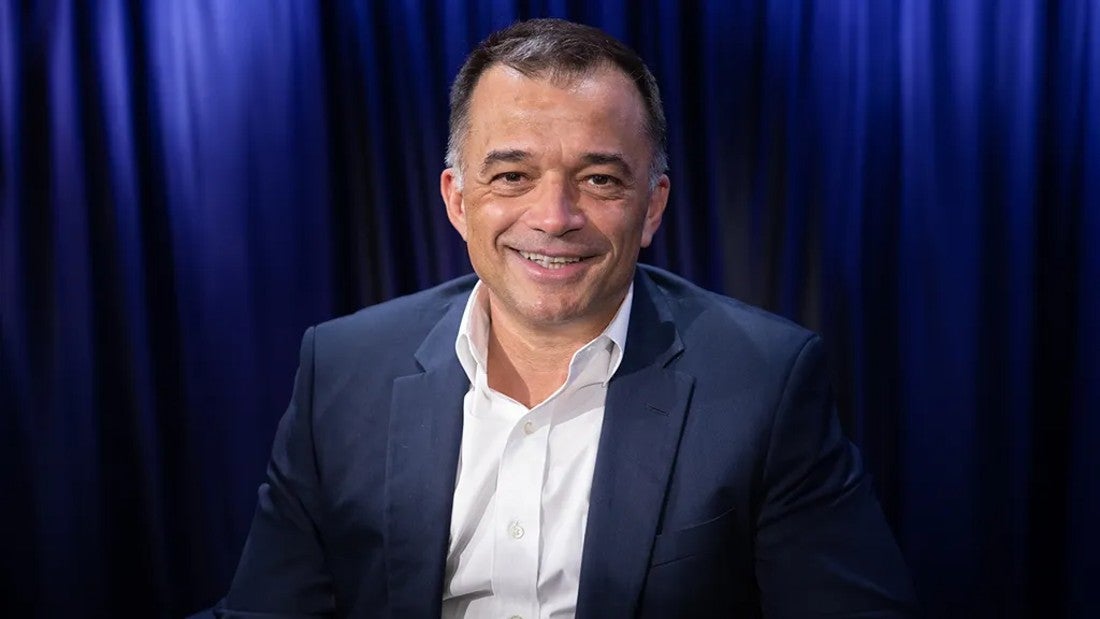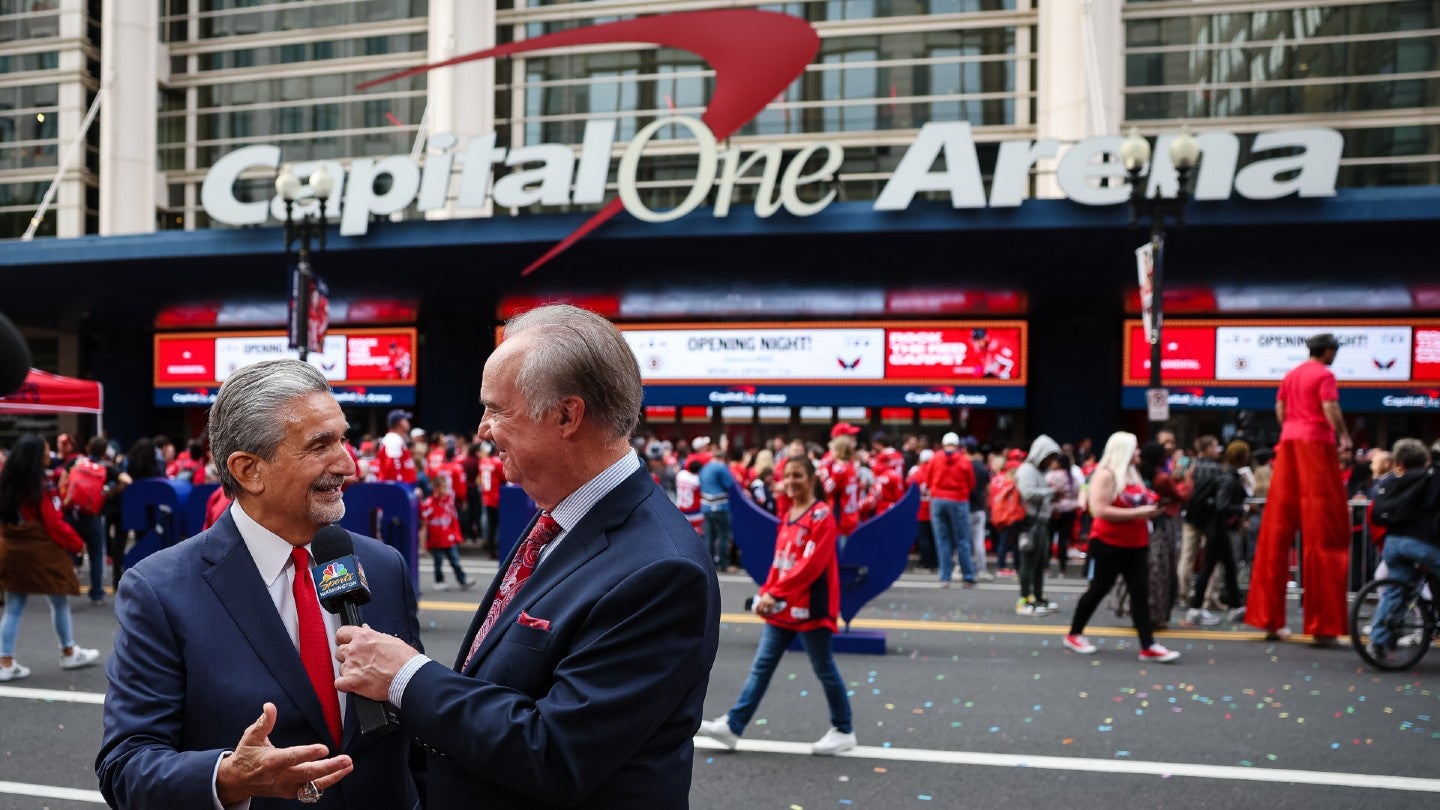
Recast, the UK-based sports streaming platform, has been pulled out of administration after having its assets acquired by Content Technology Partners (CTP) in a deal that will see the company’s failing business model revamped.
The deal is being supported by Recast’s founder Andy Meikle, while CTP is backed by several investors, including Ed Woodward, the former vice chairman of English soccer giants Manchester United, and Gavin Petken, former head of investments at Business Growth Fund.
Recast said CTP is currently engaged with its previous rightsholders and the platform could be available in a limited capacity from October 11.
The move comes after the company announced last month (September 22) that it had appointed administrators after failing to secure a funding commitment, which left it facing “significant cashflow challenges.”
Commenting on the new investment, Meikle said: “Initially we will provide a temporary solution for key events, however, in parallel to this we will be taking time to reflect and refine our offering to ensure that we can provide an alternative content monetization solution in such a fragmented landscape.”
See Also:
The acquisition will see a complete overhaul of Recast's business model after positioning itself as a more affordable and accessible platform, broadcasting live and on-demand sports events where fans could watch specific content via micropayments.
How well do you really know your competitors?
Access the most comprehensive Company Profiles on the market, powered by GlobalData. Save hours of research. Gain competitive edge.

Thank you!
Your download email will arrive shortly
Not ready to buy yet? Download a free sample
We are confident about the unique quality of our Company Profiles. However, we want you to make the most beneficial decision for your business, so we offer a free sample that you can download by submitting the below form
By GlobalDataIt rapidly grew, striking rights partnerships with the likes of motor racing’s Extreme E, the European Taekwondo Union, the International Canoe Federation, golf’s DP World Tour (formerly European Tour), cricket's African Premier League and European Cricket Network, the Professional Bull Riders circuit, Serbian rugby league club Red Star Belgrade and soccer clubs Manchester City, Inter Milan, and Hibernian.
It became available in more than 61 countries, including Europe, the US and Canada, the Middle East and North Africa, Australia, and New Zealand.
However, despite securing rights from a range of sports properties, its business model has long been questioned by those within the industry. The company was only receiving 15% of the revenue raised by rightsholders’ channels for the majority of its life. In June, it raised its commission to 20% but that failed to raise enough to keep it afloat without significant outside investment.
The company raised £5.9 million ($8.1 million) in a series A financing round in 2021, lifting its value to £20.9 million. Investors in the venture included Simon Bax, the former chief executive of digital animation studio Pixar, West Indies cricketer Chris Gayle, gaming firm Riva Technology and Entertainment, and private equity firm Visor.
Recast raised an additional £7 million last year from the same group of investors before running into financial difficulties.
Conrad Wiacek, head of analysis at GlobalData Sport, commented: “For a platform like Recast, the idea of pay-per-view (PPV) was solid, but allowing sports fans to be selective in how much they view meant the model had to attract significant numbers to each and every event. In theory, allowing fans to tune in for the last 10 minutes of a sporting event makes sense for sports that build to a crescendo, like an F1 [motor racing] event or an NBA [basketball] game.
“However, the issue is that this devalues the rest of the event – and by allowing fans to only view the final five or 10 minutes, this meant that a very high audience number had to be met each and every time. The traditional PPV model worked because a broadcaster would make you buy a whole boxing card, for example, even if your interest was only in the headline fight.
“While this model has evolved, the idea that a high volume of people will only tune in for a short period of time and pay per minute seems to be a flawed concept.”







